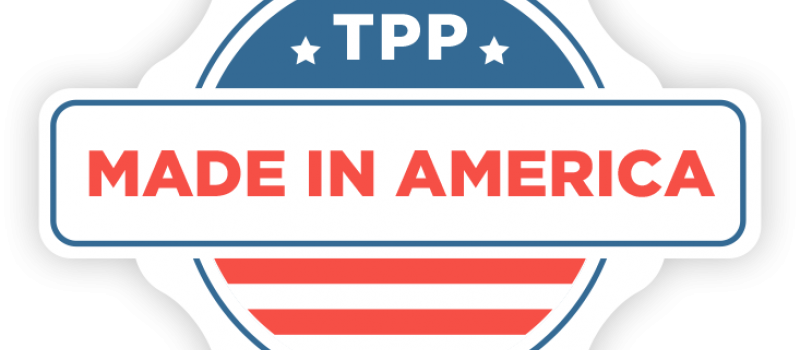Trading Down: Is the TPP Making the United States a Less Benign Hegemon?
posted by Richard Katz on September 22, 2016 - 8:55am

Foreign Affairs just published a piece by me regarding TPP in its online edition at https://www.foreignaffairs.com/articles/americas/2016-09-21/trading-down.
It is entitled: Trading Down: Is the TPP Making the United States a Less Benign Hegemon?
Here is the excerpts:
The United States may be on the verge of walking away from a trade pact, the Trans-Pacific Partnership (TPP), that it virtually wrote. When President Barack Obama said that “the TPP means that America will write the rules of the road in the twenty-first century,” he was not speaking metaphorically. Scholars Todd Allee and Andrew Lugg have documented the incredible extent to which the TPP draws on past U.S. Free Trade Agreements (FTAs)—around 45 percent of the language in previous U.S. FTAs can be found copied verbatim in the TPP, and that figure rises to 80 percent for the TPP’s investment chapter, which is of particular interest to the United States.
Yet the United States did not offer to open its market very much in return for the concessions that it was able to wrest from others. According to the U.S. International Trade Commission (USITC), by 2032 the TPP would boost U.S. imports by a negligible 0.2 percent of GDP compared to baseline projections. The pact does even less for U.S. exports.
In short, the United States has gained more on its priorities, such as investment, finance, and intellectual property, than it has given to its negotiating partners on theirs. And yet, after years of arduous negotiations, the normally pro-trade Republican leadership in Congress is now pushing to reopen settled issues, largely to please special interest groups such as pharmaceutical and tobacco firms. No wonder, then, that U.S. trade partners, after resisting some of their own domestic interest groups to reach a deal, are expressing outrage….
When it comes to trade, the U.S. government simply no longer has as much power as in past decades to corral competing interest groups. It can no longer induce them to agree on a trade pact that would promote growth through market liberalization, while at the same time addressing the concerns of those who are hurt by liberalization. Hence, U.S. negotiators have produced a TPP unable to command broad political support—a vacuum that gives narrow interest groups their veto power. This is part and parcel of Washington’s general policy gridlock. Yet to its allies abroad, the result is that the United States now appears both less benign and less hegemonic.

